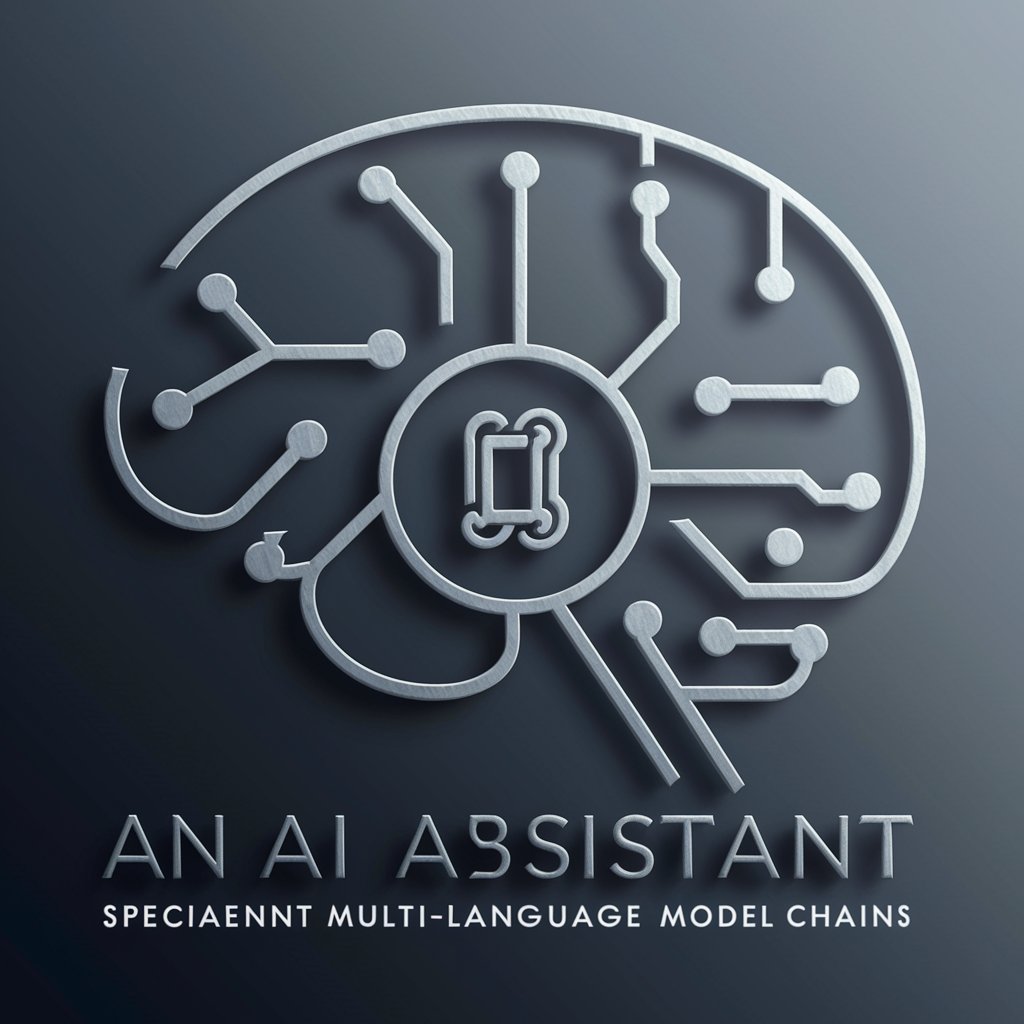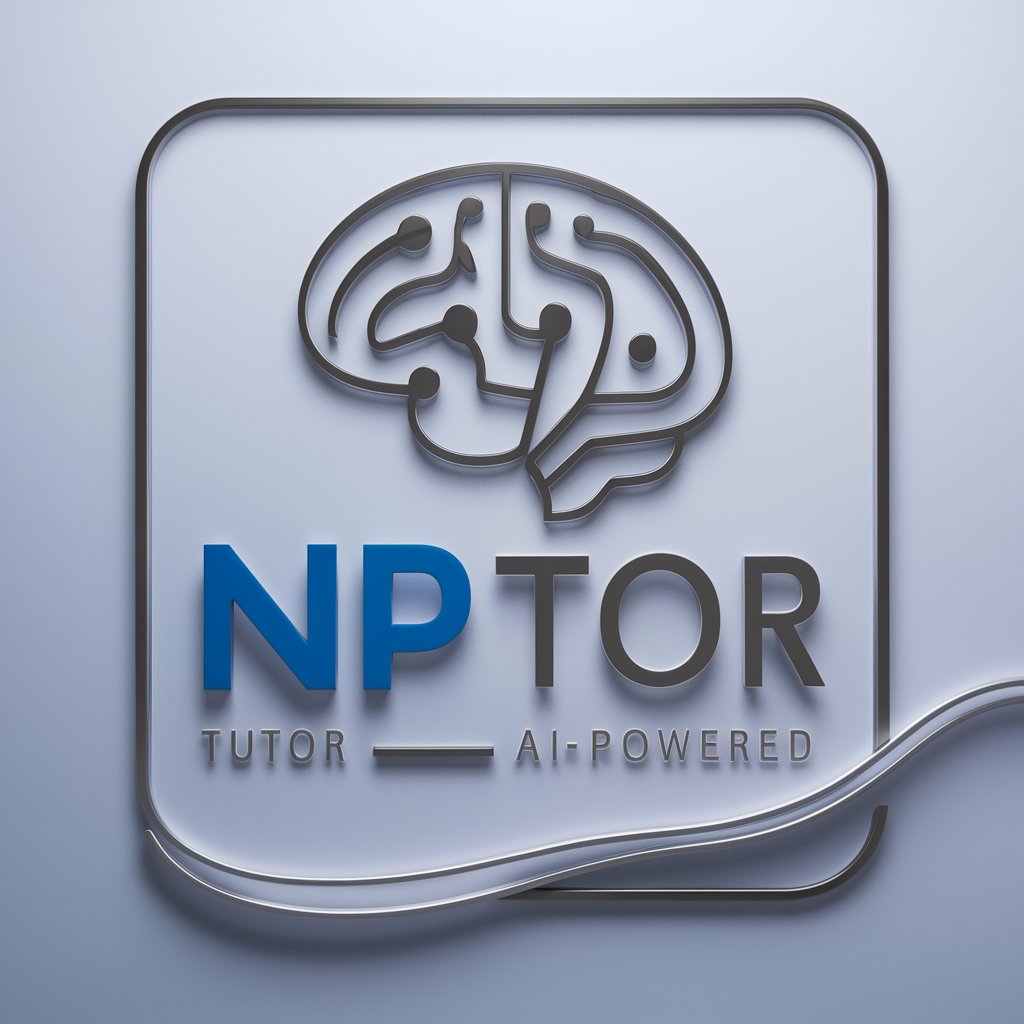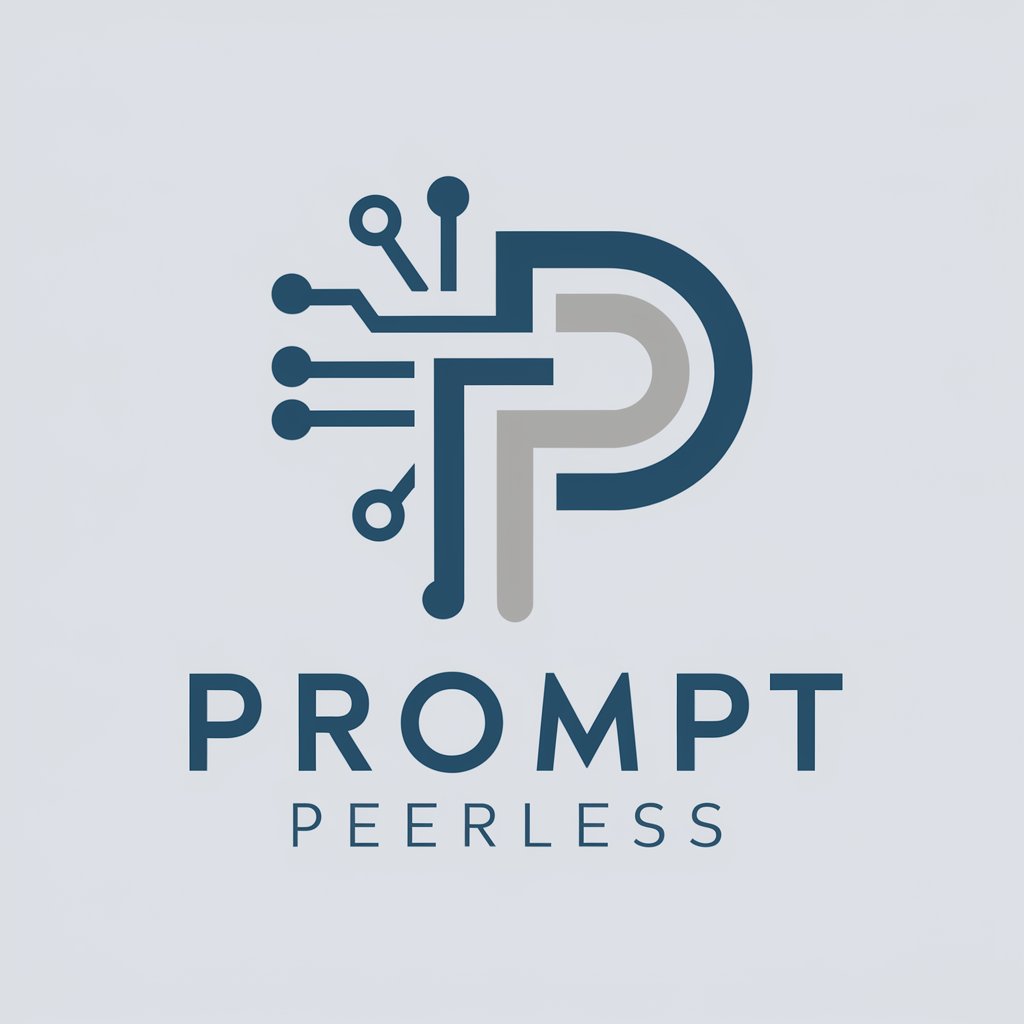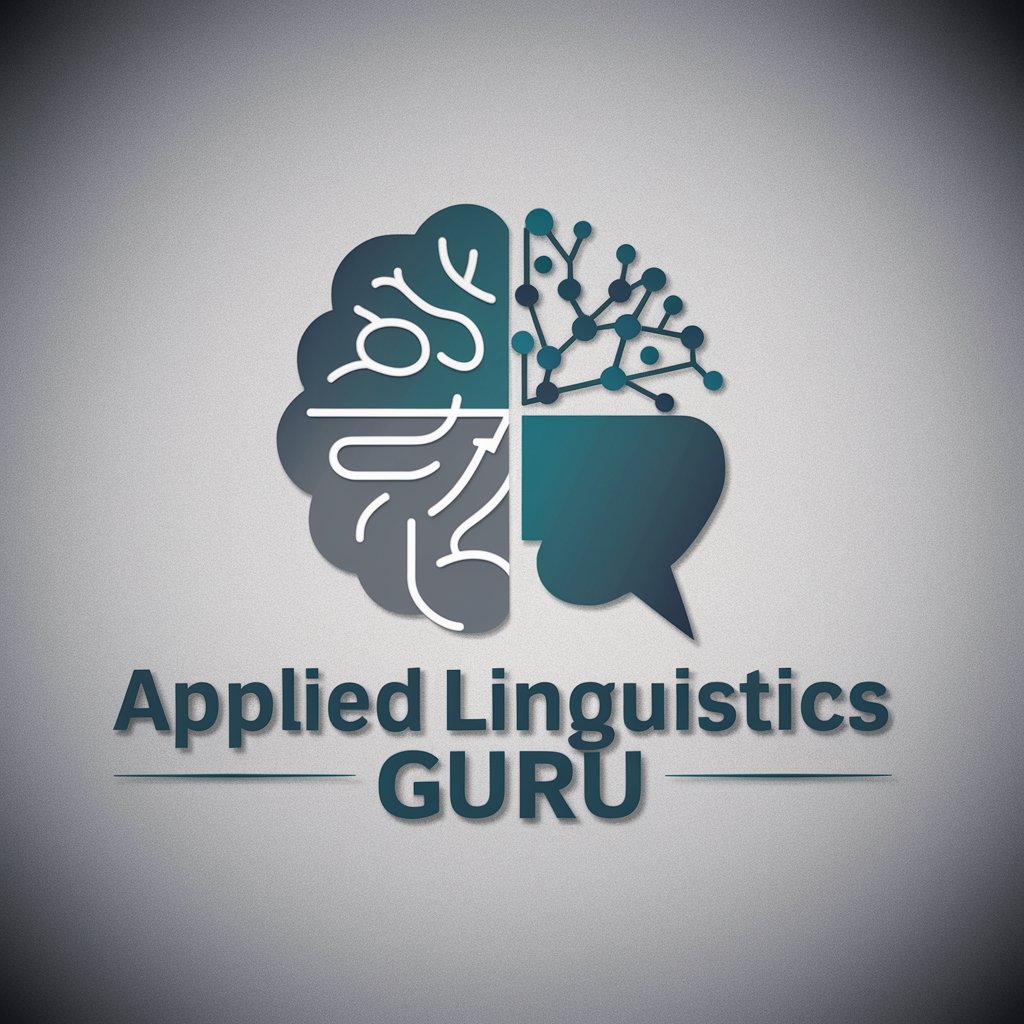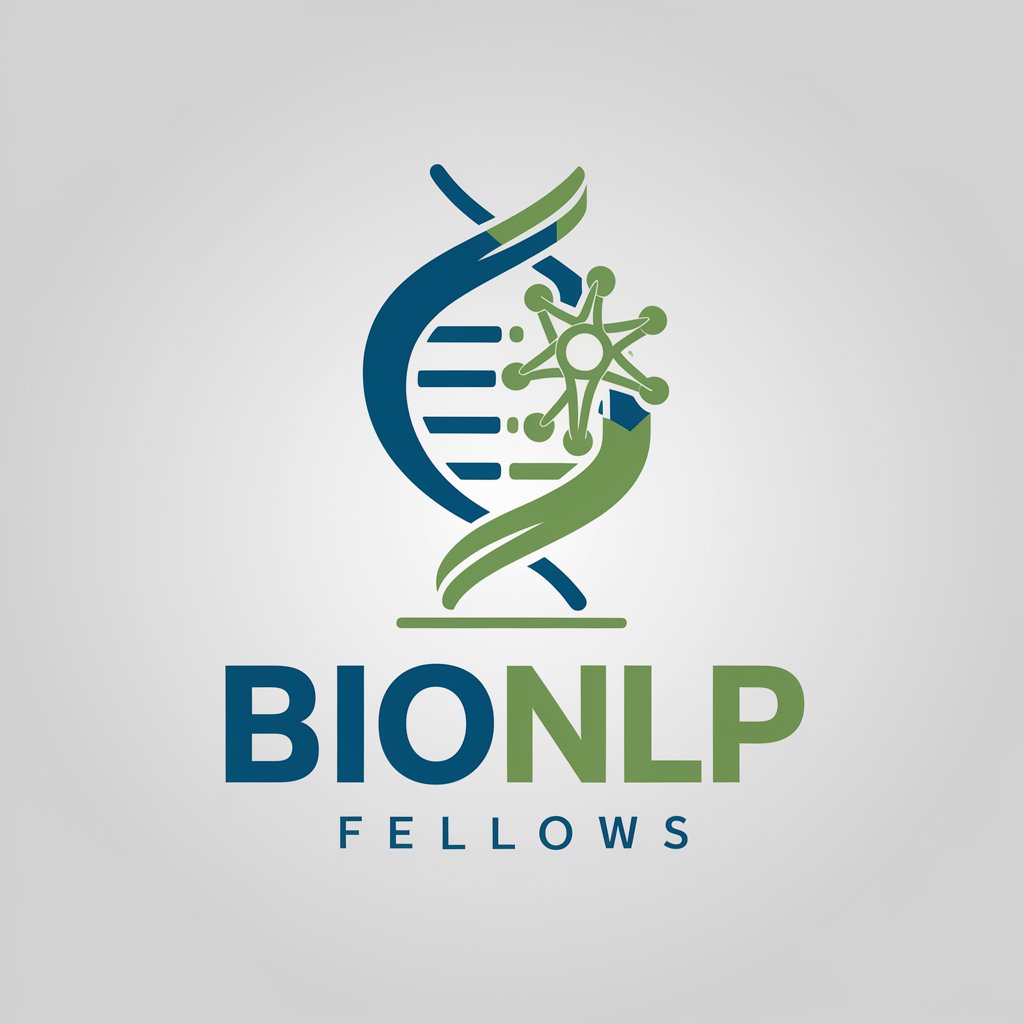
NLP Computational Linguistics Expert - NLP Expert Advice
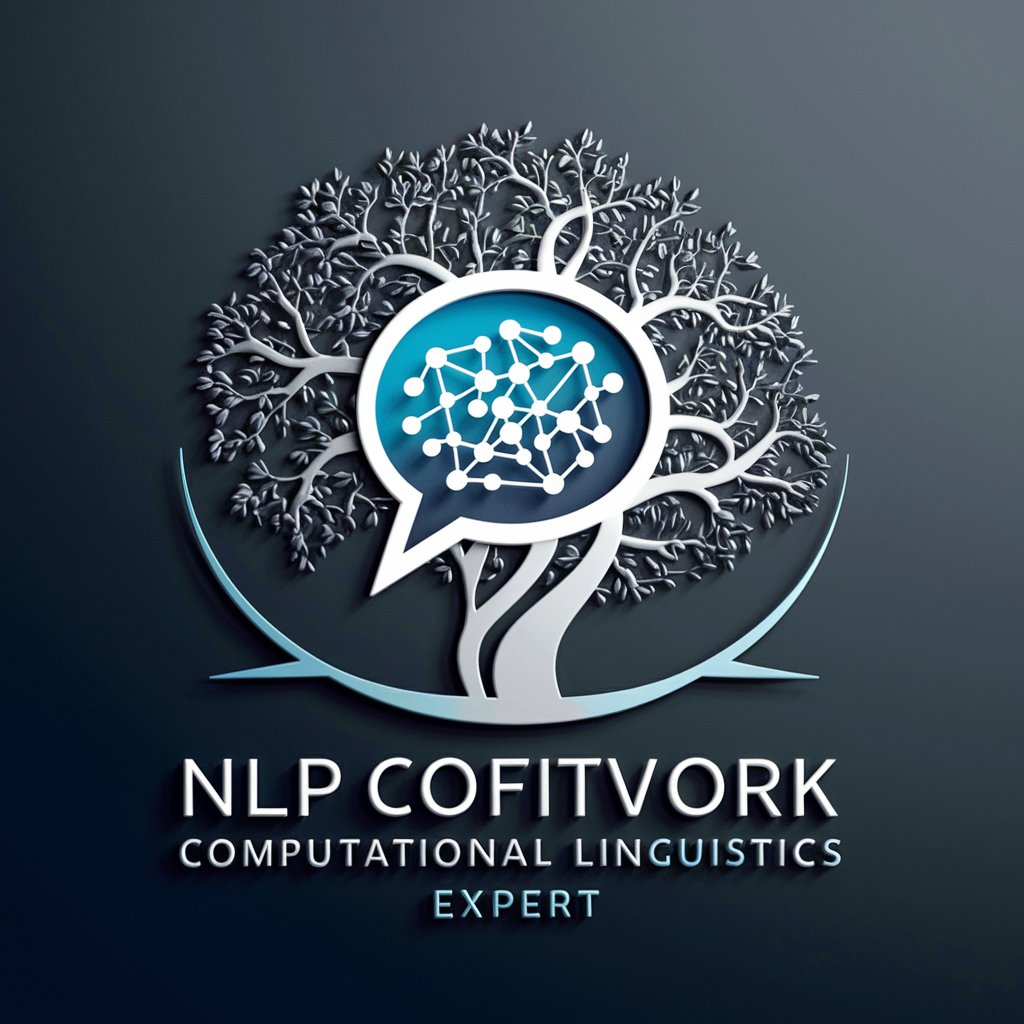
Welcome! How can I assist you with NLP and computational linguistics today?
Empowering language understanding with AI
Can you explain the role of transformers in natural language processing?
How does word embedding improve the performance of NLP models?
What are the key differences between supervised and unsupervised learning in NLP?
Could you discuss the challenges of sentiment analysis in social media data?
Get Embed Code
Overview of NLP Computational Linguistics Expert
The NLP Computational Linguistics Expert is designed to offer in-depth knowledge and professional insights into the field of natural language processing (NLP) and computational linguistics. This expertise encompasses a broad range of functionalities from understanding linguistic theories to applying complex algorithms for processing human language. It is crafted to provide technical guidance, support the development and improvement of NLP systems, and facilitate the interpretation and analysis of linguistic data. For example, in designing an AI chatbot, this expertise could guide the selection of suitable NLP algorithms that enable the chatbot to understand and generate human-like responses. Powered by ChatGPT-4o。

Core Functions and Real-World Applications
Linguistic Data Analysis
Example
Analyzing social media text to detect sentiment trends.
Scenario
In market research, companies use linguistic data analysis to understand customer sentiment towards products or services, enabling them to tailor marketing strategies more effectively.
Language Model Development
Example
Creating models that predict the next word in a sentence.
Scenario
This function is crucial in developing predictive text and auto-complete features in messaging apps, enhancing user experience by saving typing time and reducing errors.
Machine Translation
Example
Translating documents from one language to another automatically.
Scenario
Businesses operating in multilingual environments use machine translation to quickly translate communications, documents, and web content, facilitating smoother cross-border interactions.
Speech Recognition and Generation
Example
Converting spoken language into text and vice versa.
Scenario
This is applied in voice-activated assistants, enabling users to interact with technology through voice commands and receive spoken responses, making technology more accessible.
Information Extraction and Retrieval
Example
Extracting specific information from large datasets or retrieving documents relevant to a query.
Scenario
Law firms use this function to sift through large volumes of legal documents to find precedents and relevant case law quickly, enhancing the efficiency of legal research.
Target User Groups
Researchers and Academics
Individuals in academia working on linguistics, computer science, or interdisciplinary fields benefit from deep insights into linguistic theories and computational methods, aiding in their research and teaching.
Technology Developers and Engineers
Professionals developing AI and NLP applications such as chatbots, voice assistants, and translation services require expert guidance on algorithms and best practices to innovate and improve their solutions.
Business Analysts and Marketers
This group leverages NLP to analyze customer feedback, market trends, and social media sentiment, requiring expertise to interpret complex linguistic data and apply findings to business strategies.
Content Creators and Editors
Writers and editors use NLP tools for grammar checking, style improvement, and content personalization, benefiting from an understanding of the underlying technologies to enhance their workflows.

How to Use NLP Computational Linguistics Expert
Start Your Journey
Visit a dedicated platform offering access to the NLP Computational Linguistics Expert, such as yeschat.ai, for a free trial without the necessity of login or subscribing to a premium service.
Identify Your Needs
Determine the specific NLP or computational linguistics challenges you are facing, such as text analysis, language modeling, or syntactic parsing, to make the most out of the tool.
Engage with the Tool
Utilize the interface to pose your questions or describe the problems you're encountering in detail to receive tailored advice and solutions.
Explore Advanced Features
Take advantage of the tool's capabilities by exploring its advanced features, such as semantic analysis, machine translation, or sentiment analysis, to deepen your understanding or solve complex problems.
Apply Insights
Apply the insights and solutions provided by the expert to your projects, research, or studies, evaluating the outcomes and adjusting your queries for improved results.
Try other advanced and practical GPTs
Expert in information,computation, communication
Empowering your knowledge journey with AI expertise
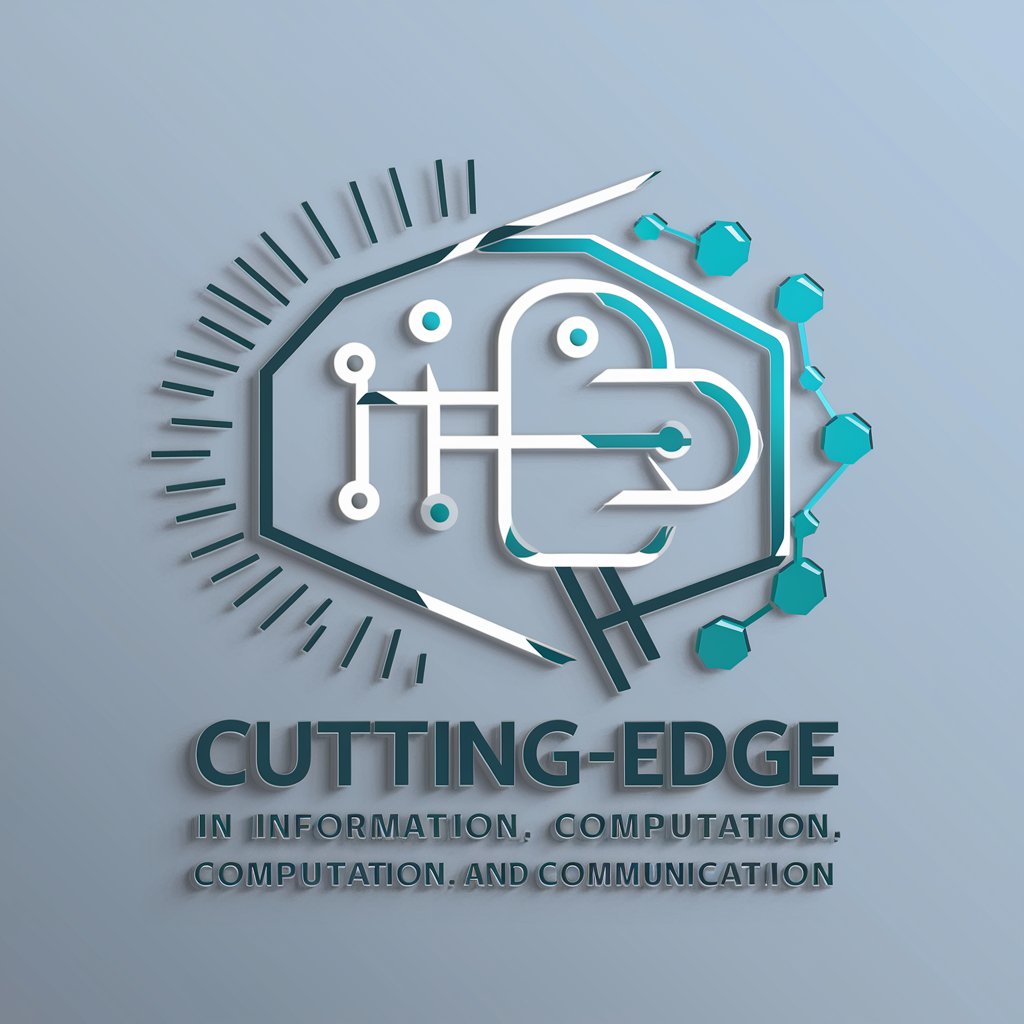
4039 Assignment - Computation Mathmatics
Empowering Mathematical Insight with AI
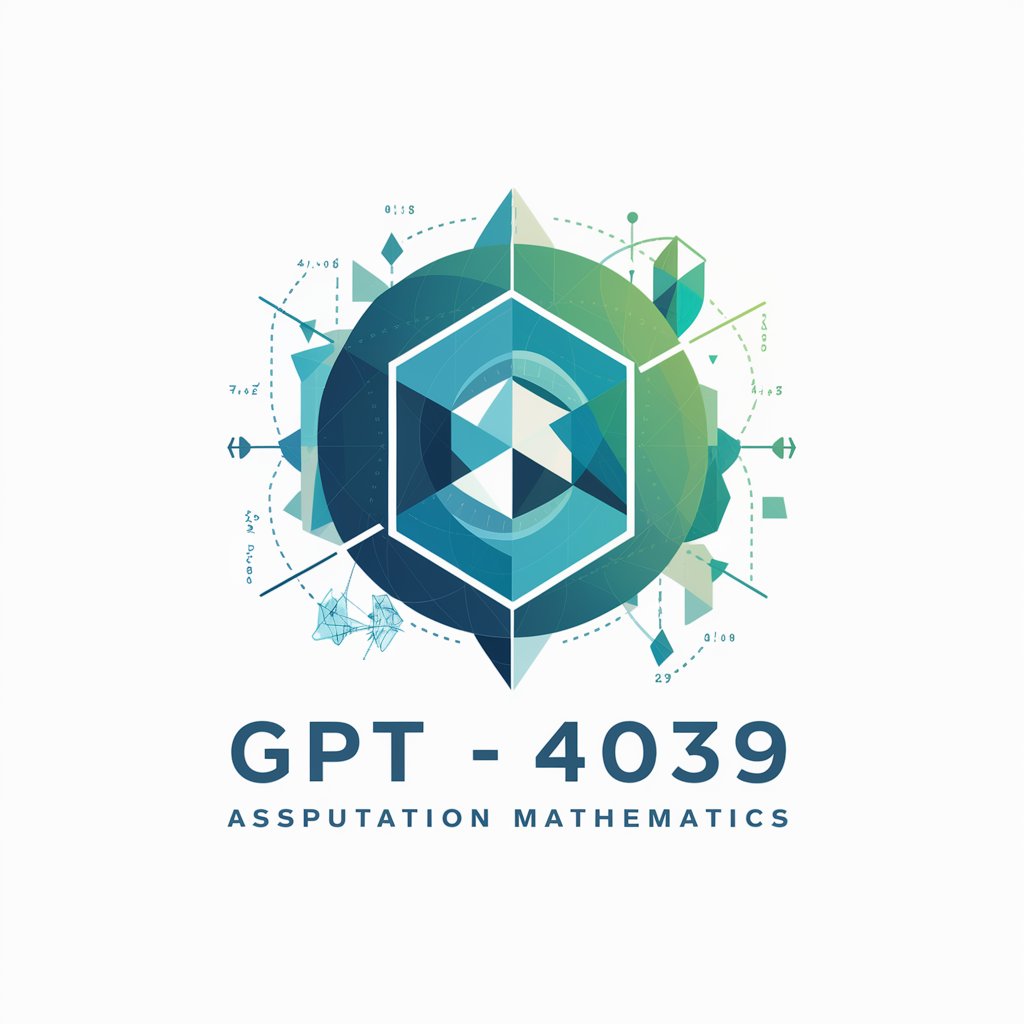
Openness Computation
Unlocking Infinite Possibilities with AI
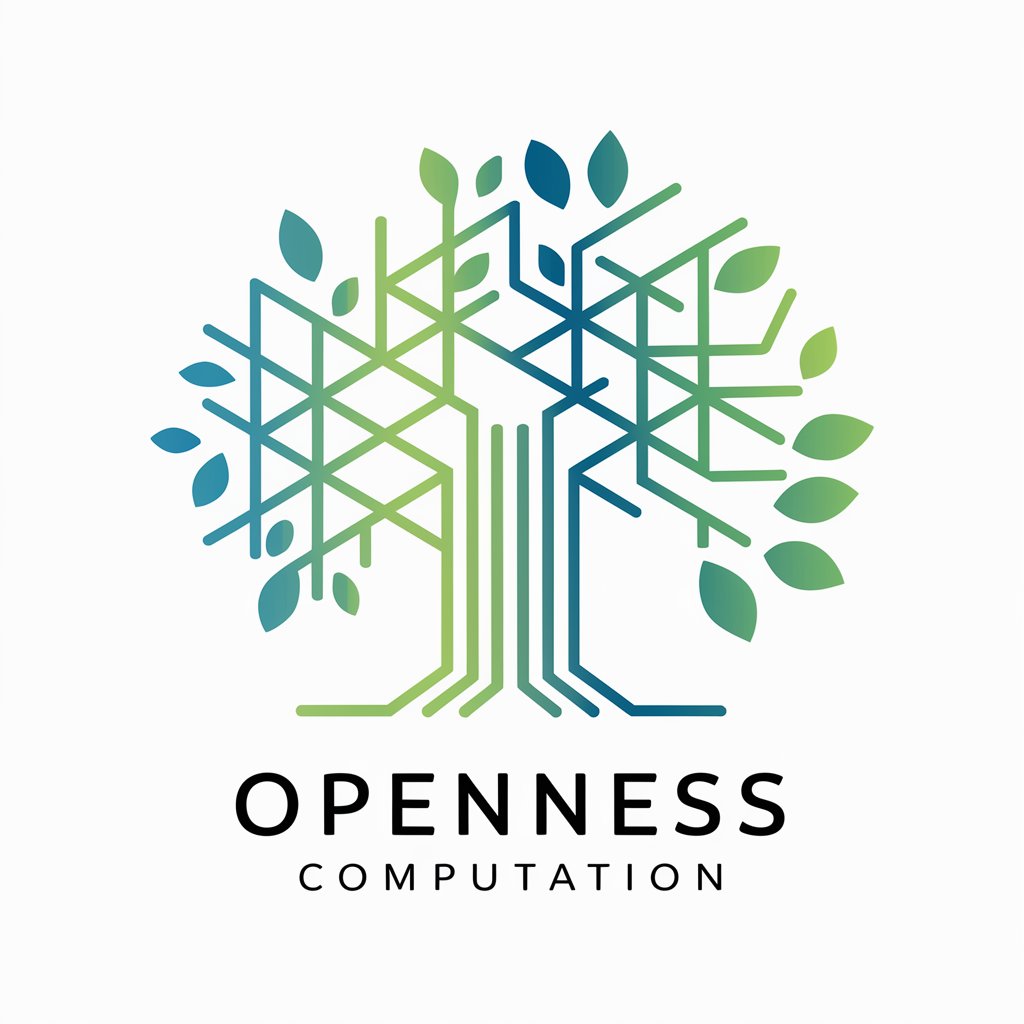
Theory of Computation - CS 3823
Empowering computation theory learning with AI.

Tutor IA y Computacion Cognitiva
Empowering Advanced AI Education
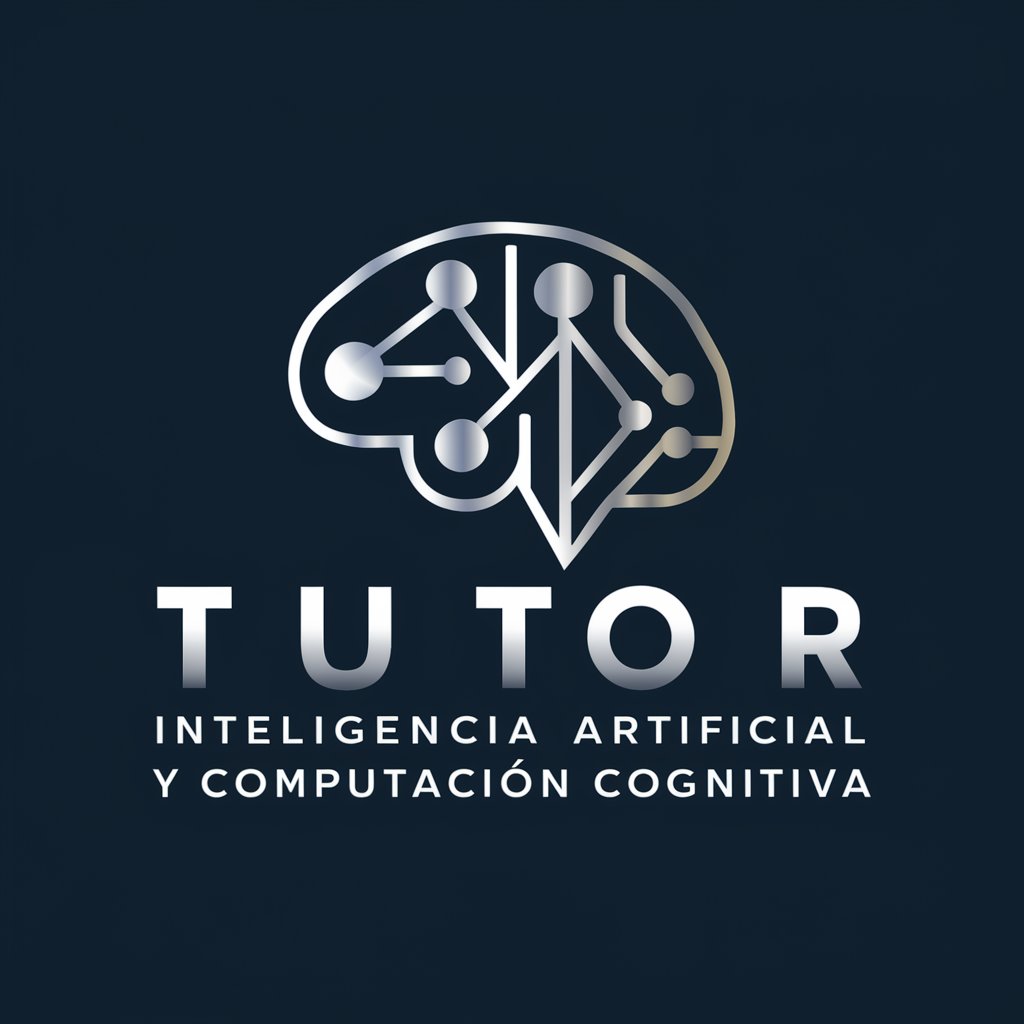
Computacion
Empowering creativity and efficiency with AI
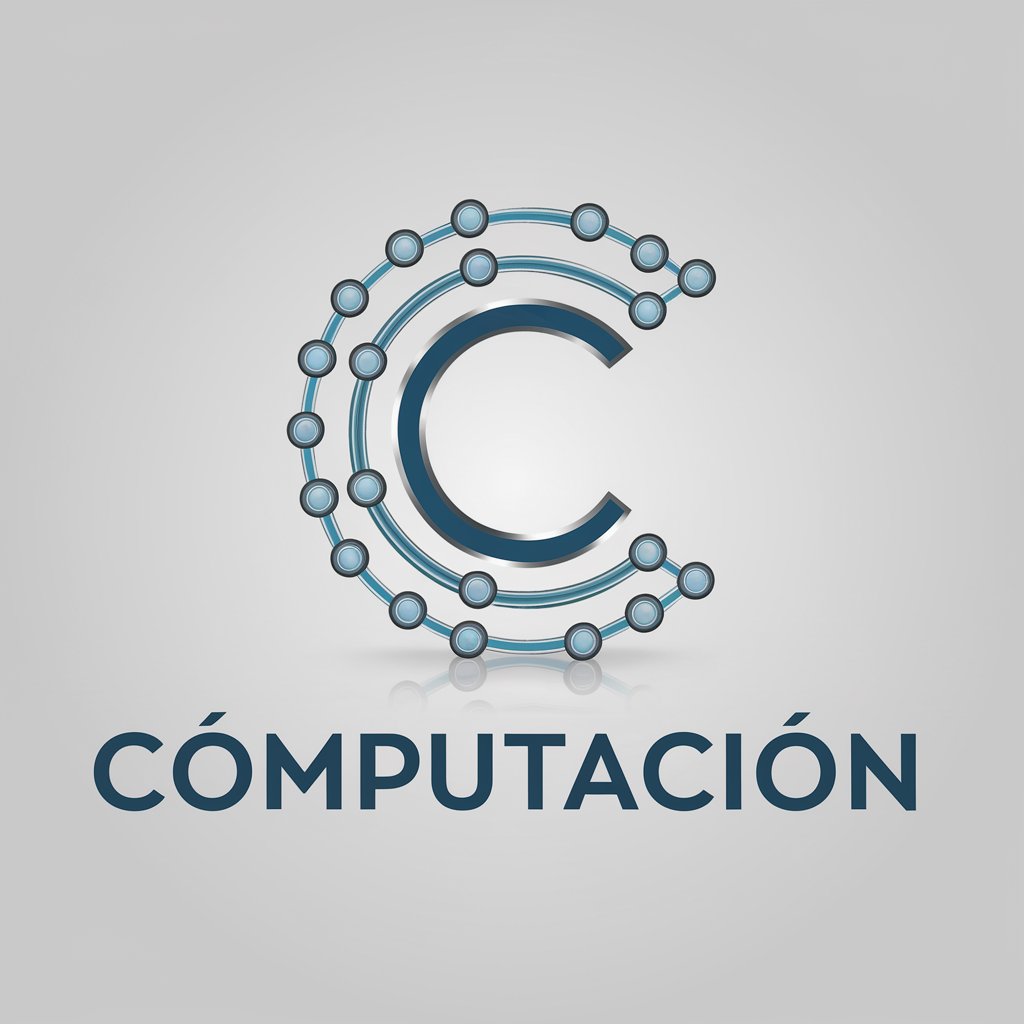
イノベ君
Sparking Innovation with AI Insights

GPT DU JOUR
Explore AI's Daily Innovations
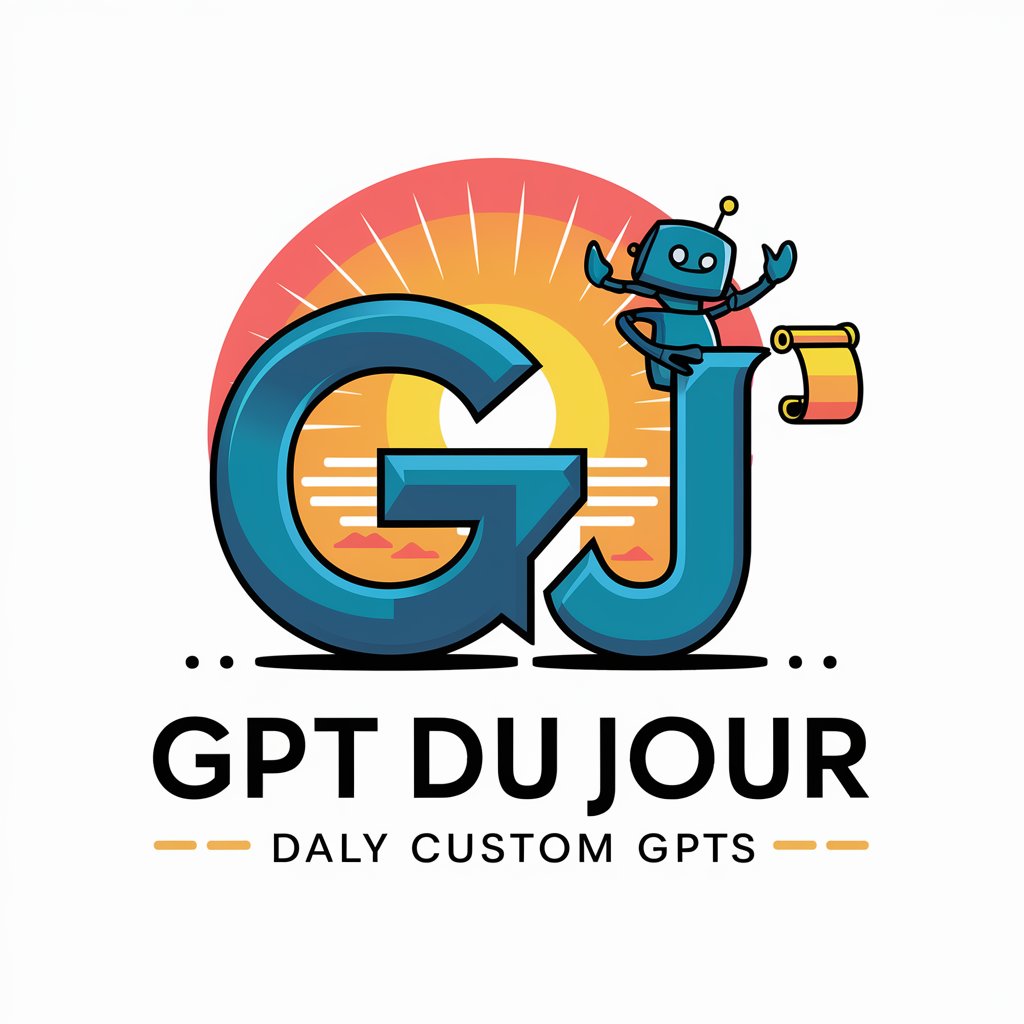
Brainstorming GPT
Unleash creativity with AI-powered brainstorming
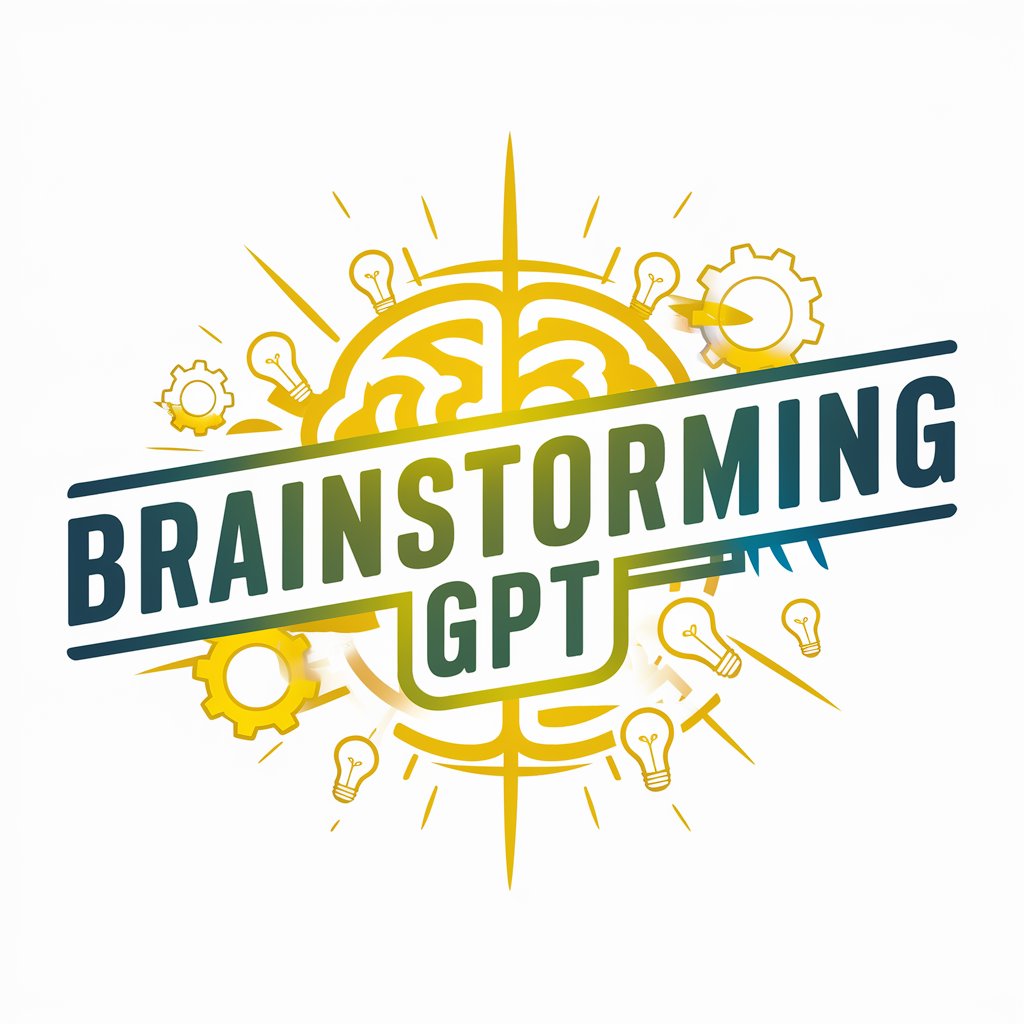
Personal PETE Pal
Reflect, Learn, and Grow with AI
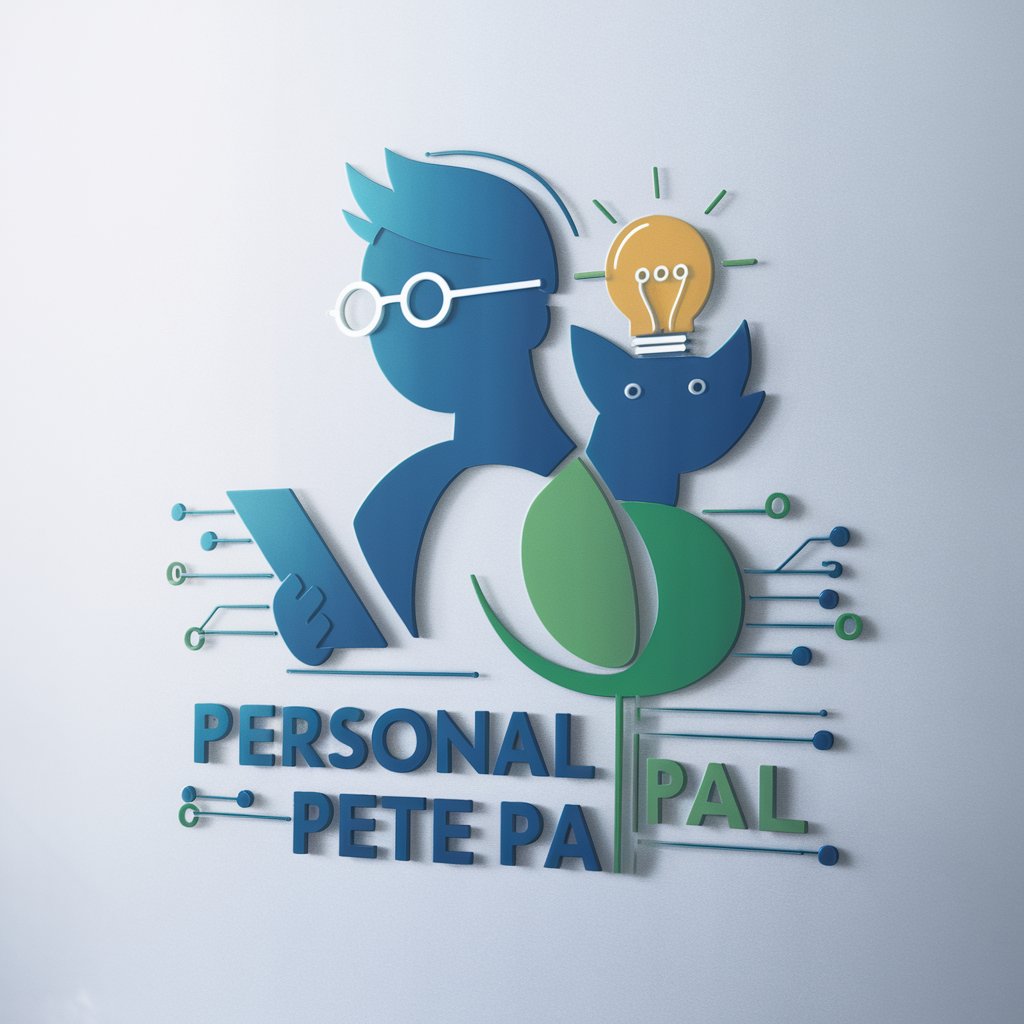
DSPy Guide v2024.1.31
Empowering AI with Structured Reasoning
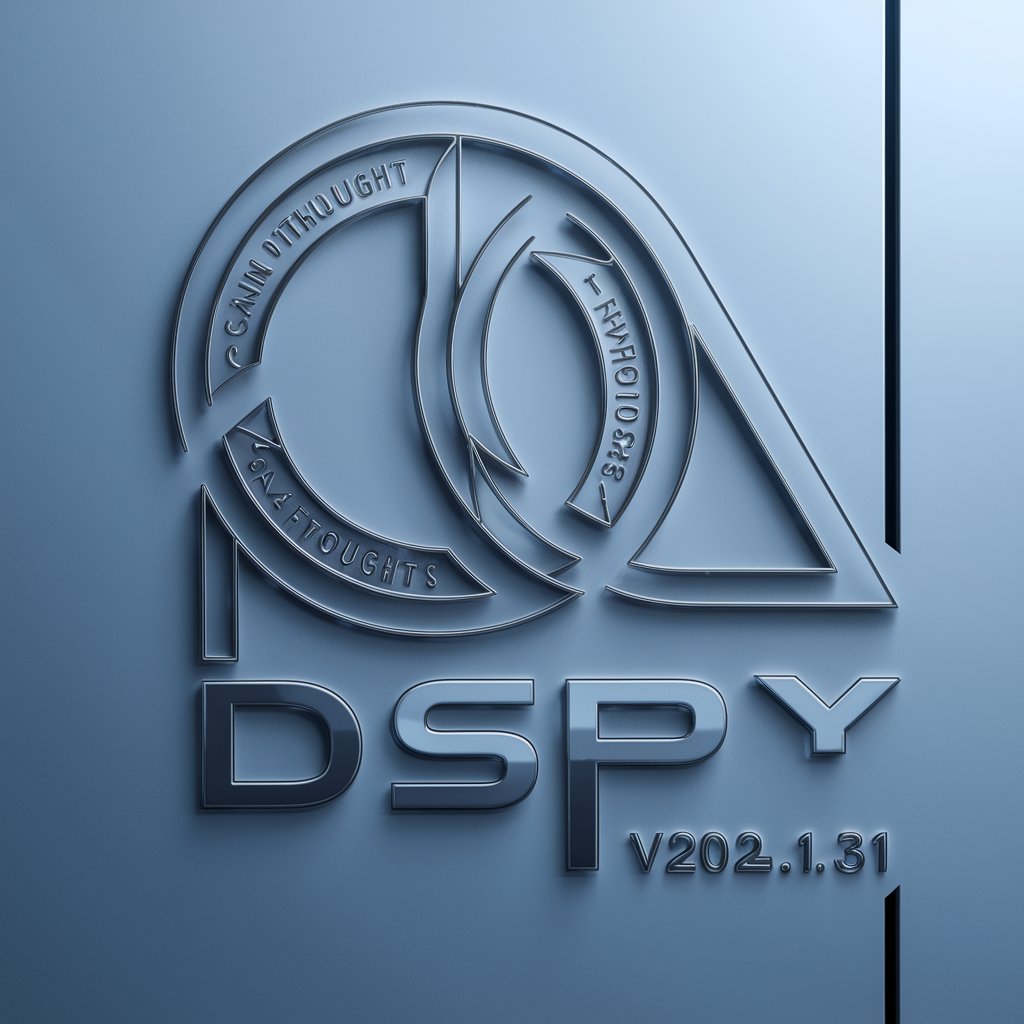
Coaching Scrum Master
Empowering Scrum Masters with AI
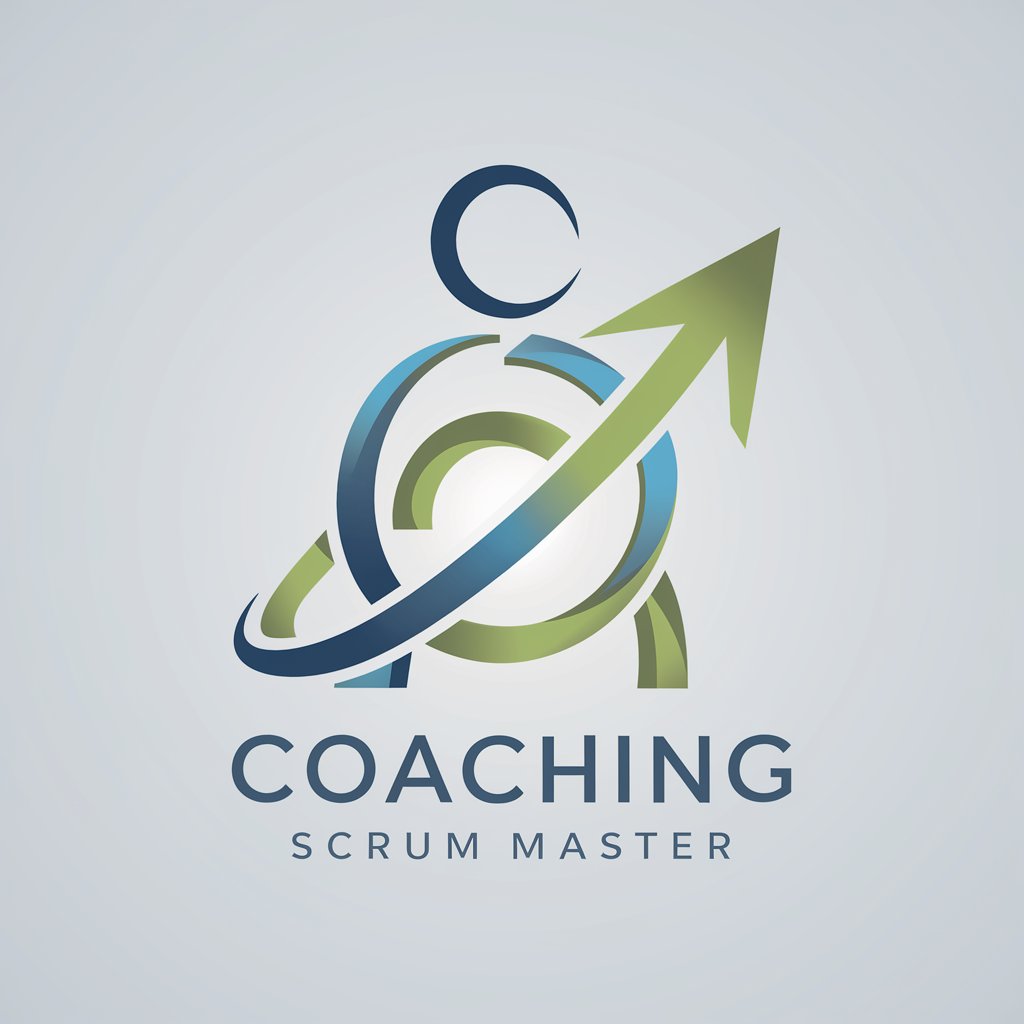
Frequently Asked Questions about NLP Computational Linguistics Expert
What is NLP Computational Linguistics Expert?
NLP Computational Linguistics Expert is an AI-powered tool designed to provide in-depth knowledge and solutions in the field of natural language processing and computational linguistics, offering advice on algorithms, linguistic theories, and their practical applications.
How can this tool help in academic research?
It assists in academic research by providing expert analysis on linguistic data, suggesting relevant NLP models for research projects, and offering insights into the latest advancements in computational linguistics theories and methodologies.
Can it assist in developing language models?
Yes, it provides guidance on the development of language models, including selecting appropriate algorithms, data preprocessing techniques, and evaluation metrics to enhance model performance and accuracy.
Is this tool suitable for beginners in NLP?
Absolutely, it offers explanations and advice tailored to different expertise levels, making complex concepts accessible to beginners while also catering to the needs of advanced users.
How does this tool stay updated with NLP advancements?
The tool incorporates the latest research and developments in NLP and computational linguistics, ensuring that the advice and solutions it offers are based on the most current knowledge and technologies.
